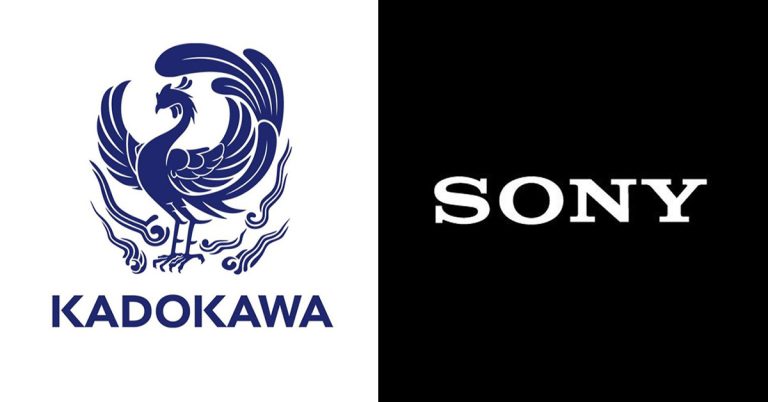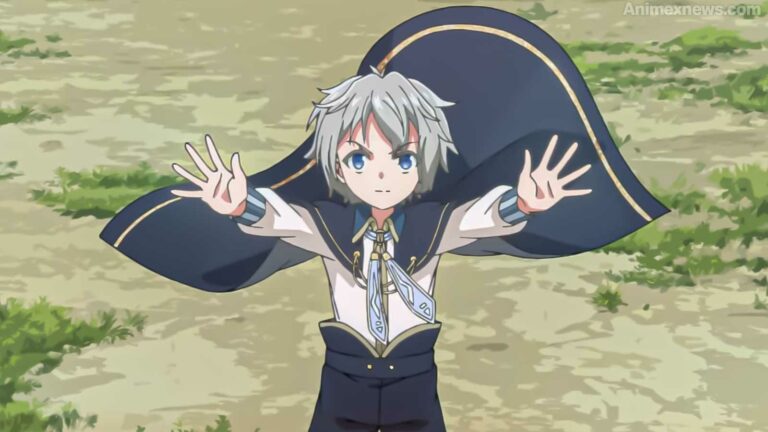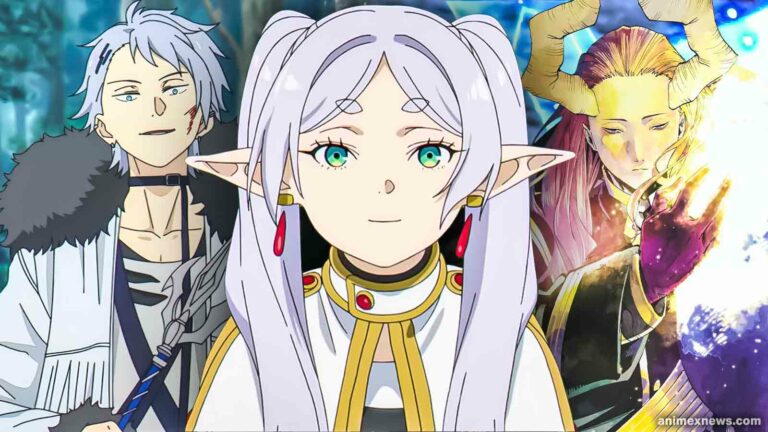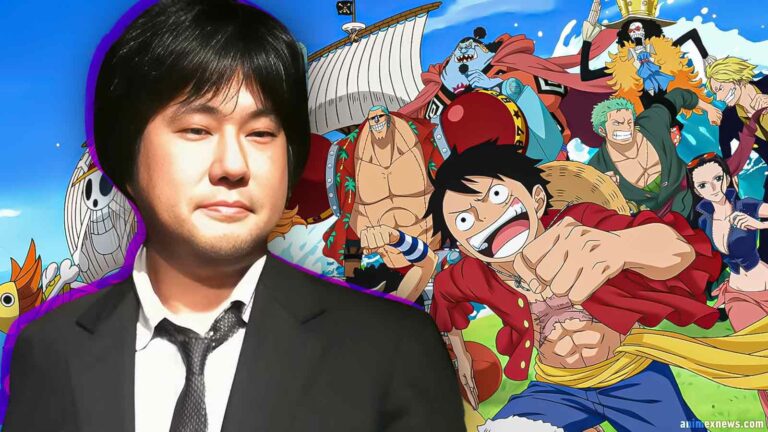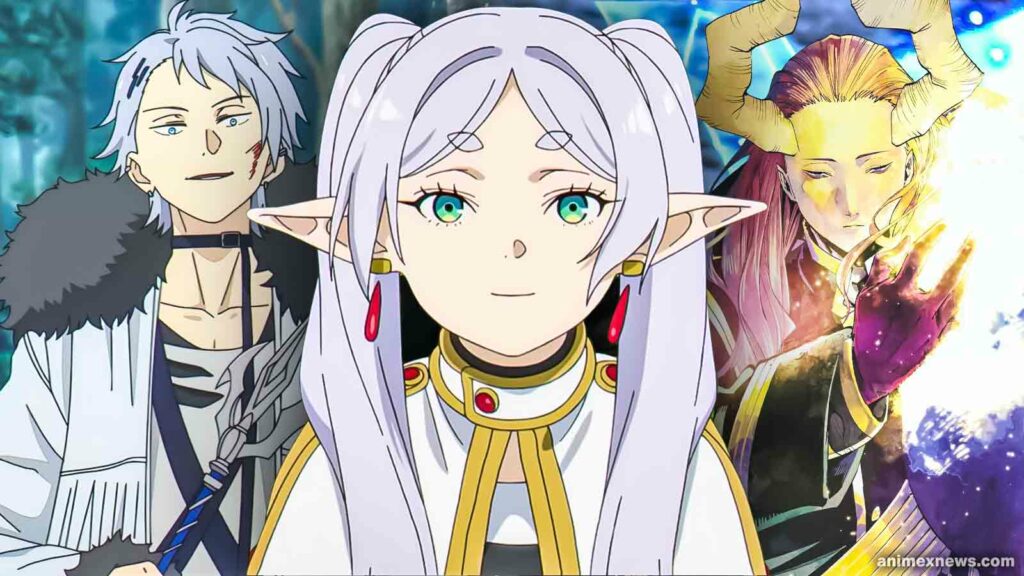The entertainment world buzzed when Sony Group Corporation announced it was stepping into a new role as the largest shareholder of Kadokawa Corporation. This move isn’t just about numbers on a ledger; it’s about reshaping the future of anime, manga, and gaming across the globe, sparking both excitement and apprehension among fans.
A New Chapter in Content Creation
The groundwork for this partnership was laid in November, with official confirmations coming in December. Sony has acquired appprox 10% shares of Kadokawa (including previously held) at $318 Million becoming Kadokawa’s largest shareholder. This strategic alliance aims at combining Kadokawa’s rich catalog of IPs, including the beloved “Elden Ring” from FromSoftware, with Sony’s expansive reach in multimedia. This isn’t just business; it’s about storytelling and innovation at a new scale.
Sony already has a significant stake in the anime market through Aniplex, A-1 Pictures, and Crunchyroll, but adding Kadokawa to the mix could potentially redefine how content is created and distributed.
Fan Concerns and Hopes
While some fans are excited about the potential for crossover content and enhanced production values, others voice concerns about the implications of such a concentrated control over creative industries, a user stated on X (Formally Twitter),
Sony is such a gay, moronic company. Best case scenario is Kadokawa brings them back to the light and reminds them they’re a Japanese company.
Another fan adds,
“I was expecting a complete takeover since it was confirmed that KADOKAWA approved of Sony’s approach to their company. This is MUCH better than I expected.”
The Industry’s Reaction
The news has sent ripples through the industry, with Kadokawa’s stock prices jumping significantly. This move by Sony could force competitors to either seek alliances or innovate fiercely to keep up. Bandai Namco, for example, might need to reassess its strategy, especially concerning projects with FromSoftware.
This acquisition also highlights the ongoing battle for control over digital content platforms. With Sony’s involvement, there’s a possibility that anime distribution could become more centralized, affecting how fans worldwide access their favorite shows and games.
What’s Next?
This could be the dawn of a new era where technology and creative storytelling merge more seamlessly than ever before. However, the balance between maintaining creative freedom and leveraging commercial power will be crucial.
As one fan put it,
“This could be great for anime if Sony uses its resources to support a wide range of creators. But if it turns into just another corporate juggernaut, we might lose the magic that makes anime what it is.”
The entertainment landscape in Japan and globally is at a pivotal moment. Whether this partnership will lead to a golden age of content or a more controlled market remains to be seen. But one thing is clear: all eyes will be on Sony and Kadokawa as they navigate this bold new venture.

